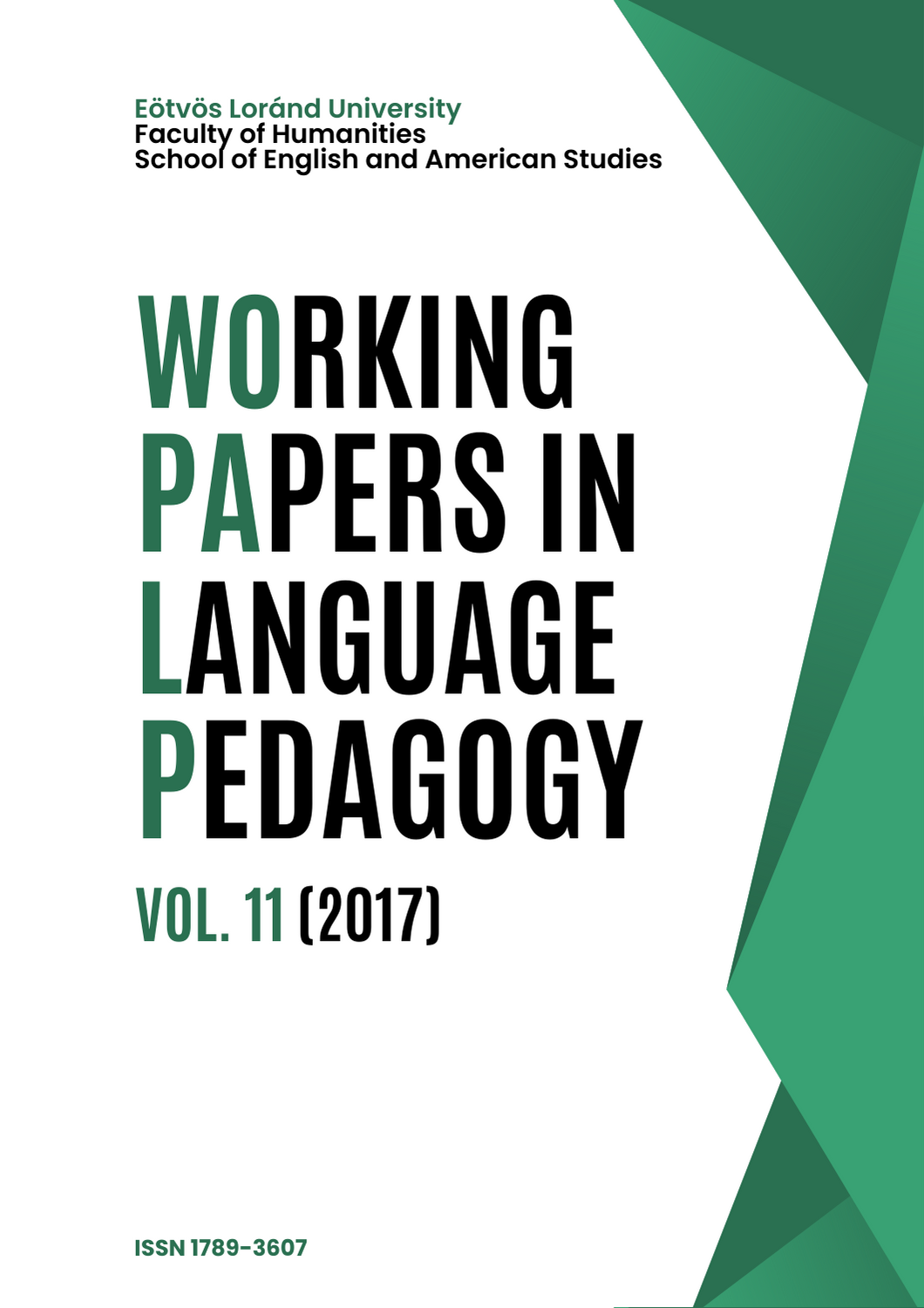The effect of short term Erasmus+ teacher training courses on foreign language teachers’ personal and professional competences – The case of four teachers
DOI:
https://doi.org/10.61425/wplp.2017.11.42.60Keywords:
psychological immunity, emotional intelligence, cultural experiences, teacher competence development, copingAbstract
The present research is an investigation into how, if at all, the personal development and professional competences of secondary education foreign language teachers are affected by a complex input abroad such as a short term Erasmus+ Mobility program. It was assumed that spending time abroad in a different cultural and professional environment may serve as a certain kind of input, more precisely a stressor (Bennet, 1986; Selye, 1966) for anyone. How they cope with it inadvertently influences the outcome of their professional development. While the effect of long-term input abroad has been widely researched (within expat literature, ESL and culture shock studies, etc.), the impact of short-term mobilities has not been explored. The aim of the present research is therefore to explore if such an input has any effect, and if yes, what kind of effect it exerts in personal and professional life. The research approach is explorative (Creswell, 2007) and participatory action research (MacDonald, 2012; Herr & Anderson, 2015). The participants were foreign language teachers with a minimum teaching experience of 15 years. Each participant took part in a two-week course. Three instruments were used: the psychological immune system was measured by the Psychological Immune System Inventory (PISI) used in a pre- and post-test format (Oláh, 2004); an emotional intelligence (EI) self-evaluation inventory (Neale, Spencer-Arnell, & Wilson, 2009); and finally open-ended (Dörnyei, 2007; Kvale, 1996) reflective interviews (Roulston, 2011) were carried out to supplement the numerical data of the first two inventories (Turner, 2010; Seliger & Shohamy, 1989). The results show changes in the coping preferences and EI tendencies of the participants, in which the course experiences were reflected. These changes are expected to appear in the participants’ professional competences after having reintegrated into their home culture.




